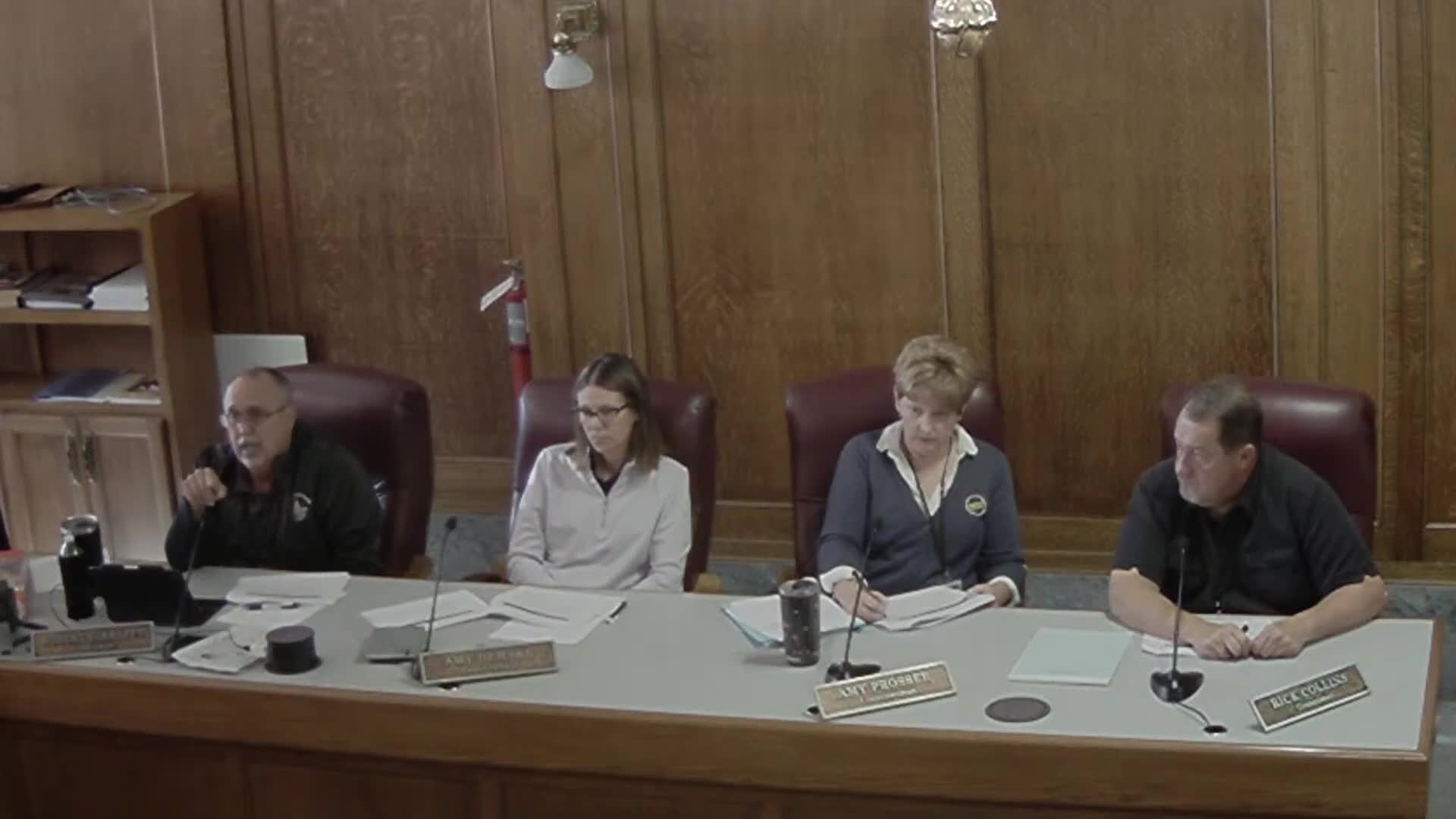DeKalb County considers wheel tax to fund local roads and infrastructure
July 31, 2025 | DeKalb County, Indiana
This article was created by AI summarizing key points discussed. AI makes mistakes, so for full details and context, please refer to the video of the full meeting. Please report any errors so we can fix them. Report an error »

DeKalb County is set to implement a new wheel tax starting January 1, 2026, a decision that promises to impact local funding for roads and infrastructure. During a recent special meeting, officials discussed the implications of this tax, which is expected to generate immediate revenue for the county.
The wheel tax will provide additional funds that can be allocated to various municipalities within DeKalb County. The distribution of these funds will differ based on population and road mileage, with towns under 50,000 residents, like DeKalb County, receiving 20% of the funds based on population and 80% based on road mileage. This means that larger towns, such as Auburn, will likely receive the most significant share, while smaller communities will also benefit.
Officials highlighted that the county's highway department relies heavily on gas tax revenues, which fluctuate as vehicles become more fuel-efficient. As gas consumption decreases, so does the funding from this source. The introduction of the wheel tax aims to counteract this decline and ensure that local roads remain adequately funded.
The meeting underscored the urgency of passing the wheel tax, as it aligns with state fiscal policies and the need for sustainable funding for road maintenance. As the county prepares for this new tax, local leaders are optimistic about the potential benefits for all incorporated towns in DeKalb County.
The wheel tax will provide additional funds that can be allocated to various municipalities within DeKalb County. The distribution of these funds will differ based on population and road mileage, with towns under 50,000 residents, like DeKalb County, receiving 20% of the funds based on population and 80% based on road mileage. This means that larger towns, such as Auburn, will likely receive the most significant share, while smaller communities will also benefit.
Officials highlighted that the county's highway department relies heavily on gas tax revenues, which fluctuate as vehicles become more fuel-efficient. As gas consumption decreases, so does the funding from this source. The introduction of the wheel tax aims to counteract this decline and ensure that local roads remain adequately funded.
The meeting underscored the urgency of passing the wheel tax, as it aligns with state fiscal policies and the need for sustainable funding for road maintenance. As the county prepares for this new tax, local leaders are optimistic about the potential benefits for all incorporated towns in DeKalb County.
View full meeting
This article is based on a recent meeting—watch the full video and explore the complete transcript for deeper insights into the discussion.
View full meeting
